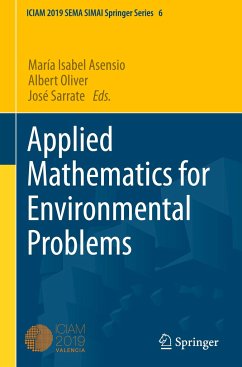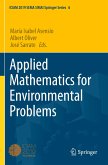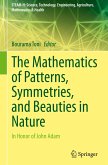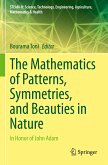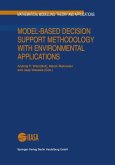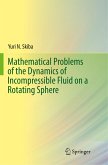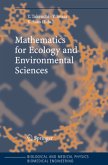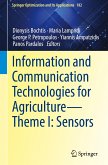This book contains some contributions presented at the Applied Mathematics for Environmental Problems minisymposium during the International Congress on Industrial and Applied Mathematics (ICIAM) held July 15-19, 2019 in Valencia, Spain. The first paper addresses a simplified physical wildfire spread model, based on partial differential equations solved with finite element methods and integrated into a GIS to provide a useful and efficient tool. The second paper focuses on one of the causes of the unpredictable behavior of wildfire, fire-spotting, through a statistical approach. The third paper addresses low -level wind shear which represents one of the most relevant hazards during aircraft takeoff and landing. It presents an experimental wind shear alert system that is based on predicting wind velocities obtained from the Harmonie-Arome model. The last paper addresses the environmental impact of oil reservoirs. It presents high-order hybridizable discontinuous Galerkin formulation combined with high-order diagonally implicit Runge-Kutta schemes to solve one-phase and two-phase flow problems through porous media. All the contributions collected in this volume are interesting examples of how mathematics and numerical modelling are effective tools in the field of environmental problems.
Bitte wählen Sie Ihr Anliegen aus.
Rechnungen
Retourenschein anfordern
Bestellstatus
Storno

